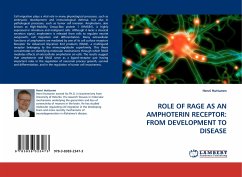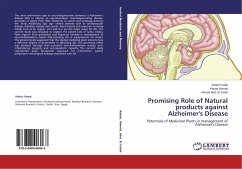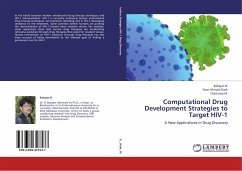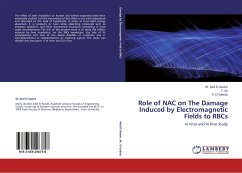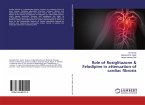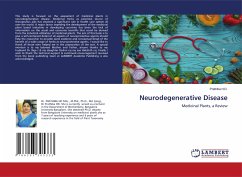Cell migration plays a vital role in many physiological processes, such as embryonic development and immunological defense, but also in pathological processes, such as tumor cell invasion. Amphoterin, also known as High-Mobility Group-Box protein 1 (HMGB1), is highly expressed in immature and malignant cells. Although it lacks a classical secretion signal, amphoterin is released from cells to regulate neurite outgrowth, cell migration and differentiation. Many extracellular functions of amphoterin are mediated by one of its cell surface receptors Receptor for Advanced Glycation End products (RAGE), a multiligand receptor belonging to the immunoglobulin superfamily. This thesis concentrates on identifying molecular mechanisms through which RAGE mediates effects of extracellular amphoterin on cells. The results suggest that amphoterin and RAGE serve as a ligand-receptor pair having important roles in the regulation of neuronal process growth, survival and differentiation, and in the regulation of tumor cell invasiveness.
Bitte wählen Sie Ihr Anliegen aus.
Rechnungen
Retourenschein anfordern
Bestellstatus
Storno

